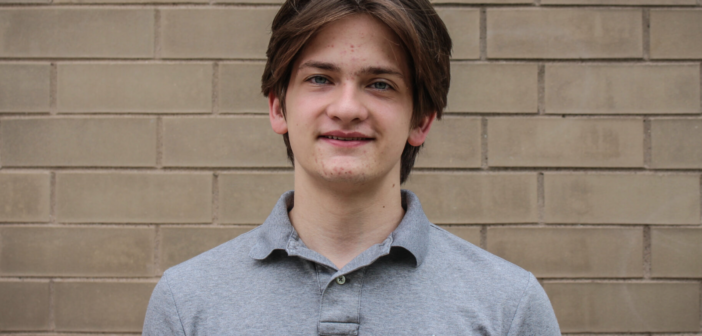Most people are aware that lifestyle plays a pivotal role in the function and health of our brains and minds. Some of the most fundamental pillars of lifestyle are diet, exercise, and sleep.
In this piece, I want to provide some insight into all three, but since you may already get the gist — vegetables are good, as is cardio, as is sleep — I also want to discuss the ways in which our motivation for becoming healthier and happier matters, too.
But first, diet. Just like every part of our bodies, our brain uses what we consume for energy to run its processes. By altering what we eat, we can improve health outcomes, slow aging and drastically reduce the chance of developing certain common diseases.
Green and leafy vegetables like kale, collards, spinach and (non-iceberg!) lettuce are specifically shown to lower the risk of dementia and cognitive decline.
Berries, more than other fruits, seem to be really great for our brains, as well. Back when eyepatch and peg-leg pirates were around (truly, a better time), sailors would hallucinate while on the water. They would most often see food in these hallucinations.
We know now that these sailors had scurvy and that these hallucinations were due to a lack of vitamin C, a nutrient found in fruits and vegetables that plays a crucial role in neurotransmitter creation and function.
Exercise is the second pillar of brain health. Experts commonly recommend a minimum of two and a half hours of moderate-intensity exercise per week for adults, difficulty akin to walking quickly or raking leaves.
But of course, and for young people particularly, more exercise seems to be better. Learning to enjoy exercise for the purpose of improving your brain’s function or looking better is probably a worthwhile pursuit, granted that it’s done in a psychologically healthy way.
There are a few different mechanisms by which exercise improves our brain’s biological and psychological health.
One is a simple increase in blood flow to the brain. The brain has a high metabolic demand, so improved blood flow helps deliver necessary nutrients.
Exercise also increases the production of brain-derived neurotrophic factor (BDNF), a molecule that provides food for brain cells. This molecule increases synaptogenesis, the creation of new synapses, which makes improved learning and memory possible.
Scientists have found that exercise decreases the number of stress receptors in the hippocampus and creates a surplus of endorphins that act on opiate receptors. This leads to the phenomenon known as “runner’s high,” which makes you feel great as soon as you’ve exercised.
Sleep is the third and final pillar – and probably the one that we know the least about.
Generally, experts recommend between 7 and 9 hours of sleep, though this can vary depending on the individual. I have heard anecdotally that having a professional assess sleeping habits and make a plan to improve them can be life-changing.
While researching what I’d write about sleep, I found a Forbes article promising to teach readers sleep habits to “boost brain health and advance your career.”
If you are striving toward a healthier version of yourself as I am, and as I think we all should be, you should acknowledge that our fundamental motivation for doing so is important.
Having a strong external reason to make a positive decision is a good thing, but it’s important to not depend on that reason too much because we will be unable to adapt when our perception of that reason changes.
If you work out, eat and sleep better for the purpose of advancing your career, it’s likely that when you are laid off, demoted, grow to hate your job or just have a bad day, you will no longer care to make healthy decisions.
If you become too dependent on the reason why you’re making the decisions you are, losing that reason becomes a reason to stop making those decisions.
There are two ways – and two only – to fix this issue.
The first is to begin with a strong reason but try to learn to enjoy the process and make a habit of making positive decisions regardless of personal circumstances. This one is pretty effective but also pretty dry. The second is to be motivated by the only truly everlasting thing in your life: yourself and the way you hope to live.






Comment policy
Comments posted to The Brown and White website are reviewed by a moderator before being approved. Incendiary speech or harassing language, including comments targeted at individuals, may be deemed unacceptable and not published. Spam and other soliciting will also be declined.
The Brown and White also reserves the right to not publish entirely anonymous comments.